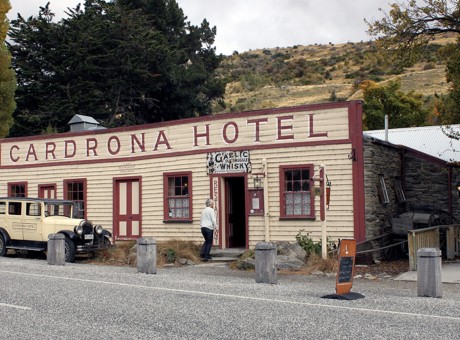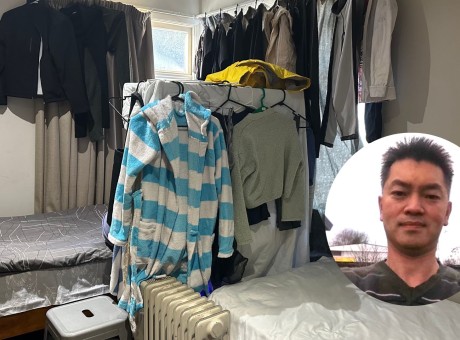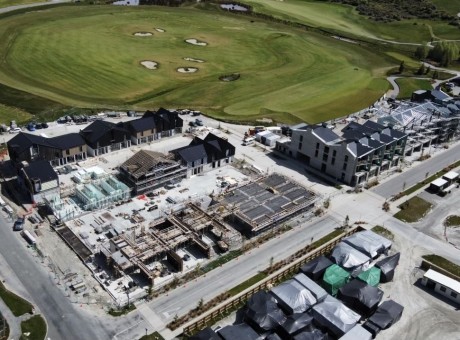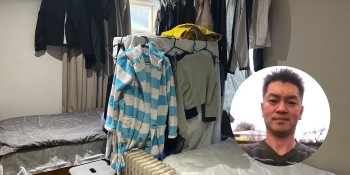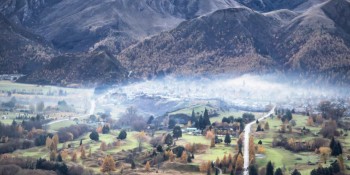Queenstown Lakes missing out on $255m a year in empty homes tax
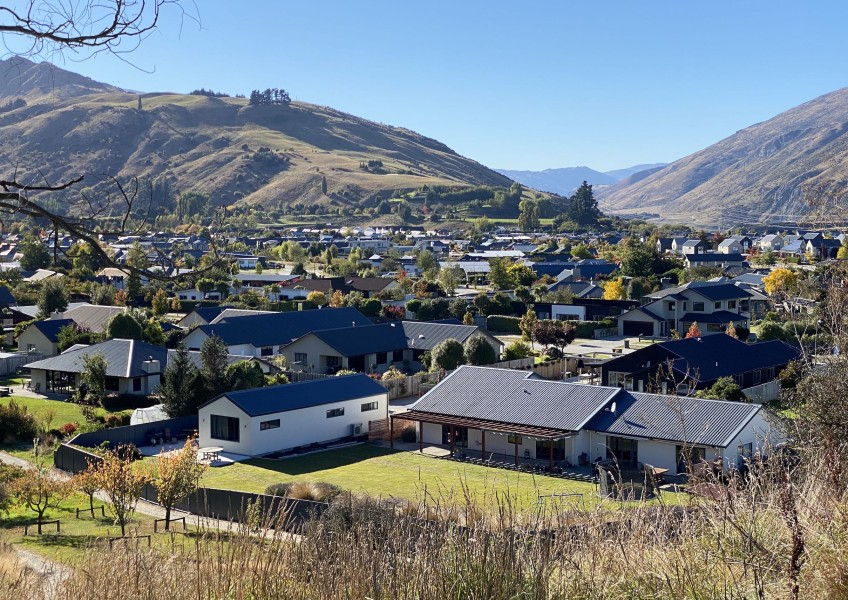
The mayor of Queenstown Lakes District says a tax on empty homes in the district is impossible, despite its huge success in Vancouver in alleviating a crippling housing shortage.
In the Canadian city property owners who leave a home empty for more than six months of the year have to pay, but Mayor Glyn Lewers doesn't see a similar scheme as an option to help people into homes locally.
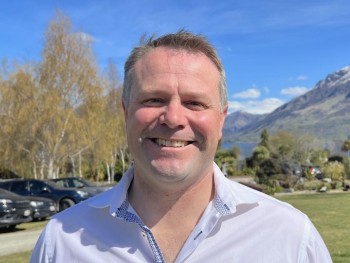
QLDC Mayor Glyn Lewers appears to have no appetite for an empty homes tax, which would need to be implemented from Wellington.
Vancouver’s empty homes tax charges owners three percent of a property's value if it is unoccupied too often, and it has raised $NZ141 million ($CAD115 million) in tax revenue since launching in 2017. The money raised is then allocated to affordable housing initiatives.
But Mr Lewers says the council “has no ability to consider an empty homes tax”.
“Unlike Canada where provinces can set and raise their own regional taxes, New Zealand tax policy is controlled at a national level.”
Auckland University of Technology senior taxation lecturer Ranjana Gupta says she thinks this sort of tax could help to fix some of Queenstown's housing issues, but Mr Lewers is right that the ability to implement it isn't in the local council's tool box.
Legislation would need to come from decision makers in Wellington to make it happen.
There is a recent precedent for such a move. Legislation was passed in 2018 forcing Aucklanders to pay a 10 cent per litre regional fuel tax to pay for specific regional transport projects.
Ms Gupta says the empty homes tax in Vancouver has been “successful” in that the cost of buying or renting has dropped as a result.
Under the new laws in Vancouver, a property must be lived in by the owner, their family or their friends for six months of the year, or otherwise rented out for the same period, otherwise, it will be considered ‘empty’ and taxed accordingly.
In Ms Gupta's view it is fair for property owners sitting on an investment that isn't contributing to the local economy to have a small financial disincentive from doing so.
"It could be looked at as a way of encouraging them to use the buildings, or if they don't want to use and are simply holding it as investment, waiting for appreciation, then it will be sort of punishment to them by increasing the cost of holding the land.”
However, for now, there appears to be little political appetite for replicating the scheme in New Zealand.
In recent years, the Ministry of Housing and Urban Development took on a project to try to establish how many empty homes there were in New Zealand and the reasons behind them.
The office of housing minister Megan Woods says in March 2021 the ministry commissioned the Wise Group to complete the project, which included looking at ways to bring empty homes onto the market as affordable rentals.
The final report did not recommend an empty homes tax, the office says.
The $500,000 study focused on the situation in Hamilton and a Stuff news story from the time says the investigation deemed the process of working with owners to fill empty properties “too complex”, and the number of ghost homes “relatively small”.
Exactly how many homes lie empty in Queenstown Lakes is unknown, but the most accurate data comes from census night 2018, when 27 percent of homes in the district were vacant. The implementation of the empty homes tax in Vancouver has helped authorities better grasp the size of the problem in their jurisdiction.
Infometrics data from the last quarter shows the average house value in the Queenstown Lakes District had risen by 4.2 percent from March 2022 to 2023, higher than national growth in New Zealand, which saw house prices fall by 11 percent. The median house price for a Queenstown Lakes property is $1.7 million.
Julie Scott of the Queenstown Lakes Community Housing Trust reckons there is money to be potentially made off empty homes and would welcome moves to see if a Vancouver-like scheme, which she calls "pretty ground-breaking", could work here.
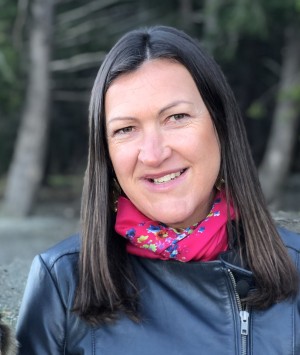
QLCHT's Julie Scott says a Vancouver-style empty homes tax could generate $255 million a year in Queenstown Lakes.
“I understand QLDC looked at some form of fee or tax to owners of unoccupied homes some years ago, but it didn’t progress far.
“The idea is often mooted and largely seems well supported by the general public."
It would be important to understand what an empty homes tax could look like in the Queenstown Lakes context, but hypothetically, she imagines the trust would support the idea, she says.
Using very high-level numbers, Ms Scott has calculated the amount of funds that could be collected from the tax, saying it is “significant".
She has based it on 5,000 unoccupied homes, and a median Queenstown house price of $1.7 million - the end result, $255 million annually using the three percent tax landed on in Canada.
Currently, there are 990 households on the trust's waitlist.
Over in Vancouver, the latest report, from November, tracks changes to the main use of the 190,000 properties in the area from 2019 to 2021.
The number of properties listed as ‘vacant’ decreased by 20 percent from 1,762 to 1,398 and tenanted properties increased by five percent from 53,976 to 57,181.
Other changes include the number of Vancouver properties used as a ‘principal residence’, from 132,153 to 133,422, while the number of properties exempt from the tax grew from 4,226 to 4,440.
In this time, the number of properties in the area increased from 192,000 to 196,000. The council also completes audits to ensure properties that shouldn't be vacant aren't.






